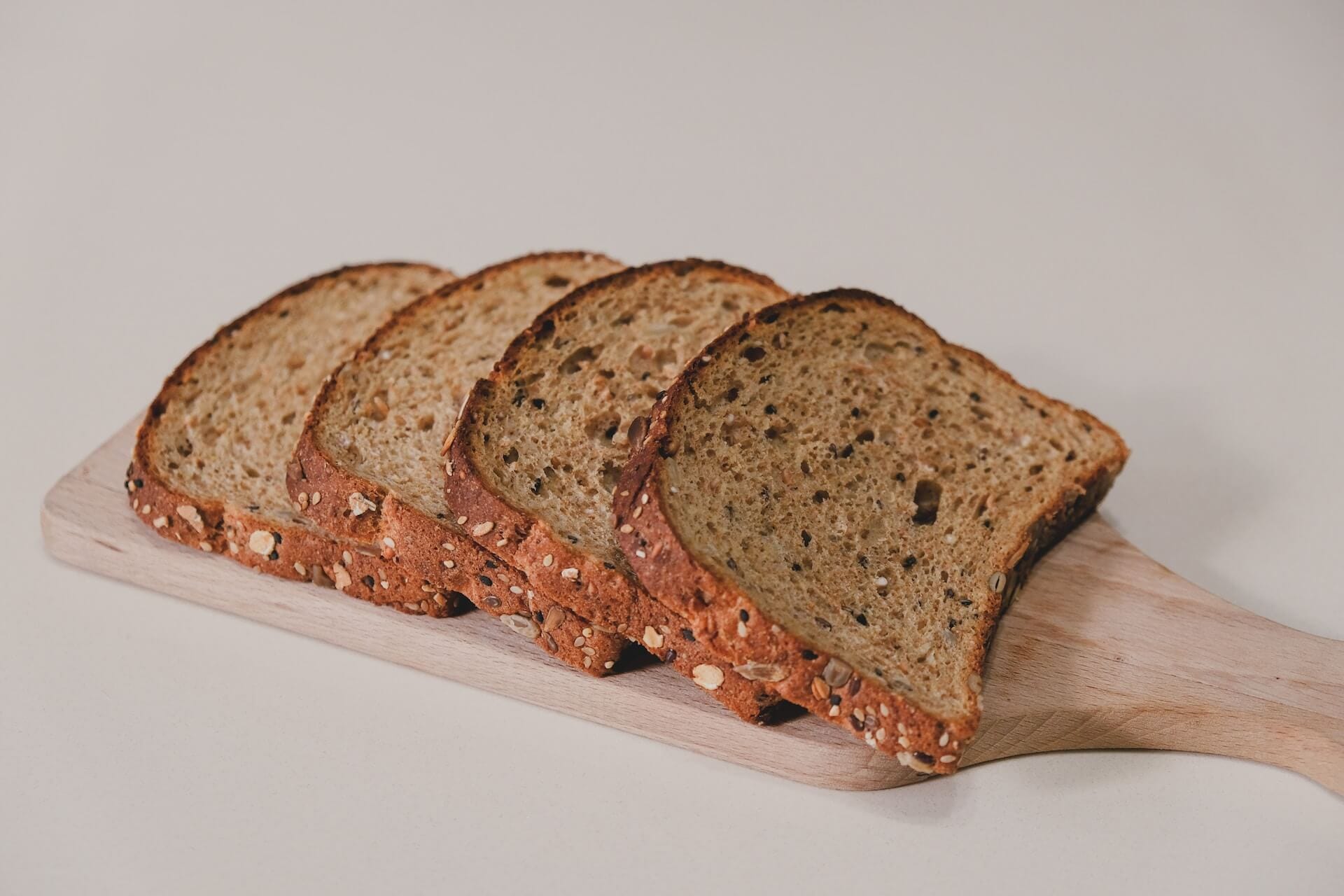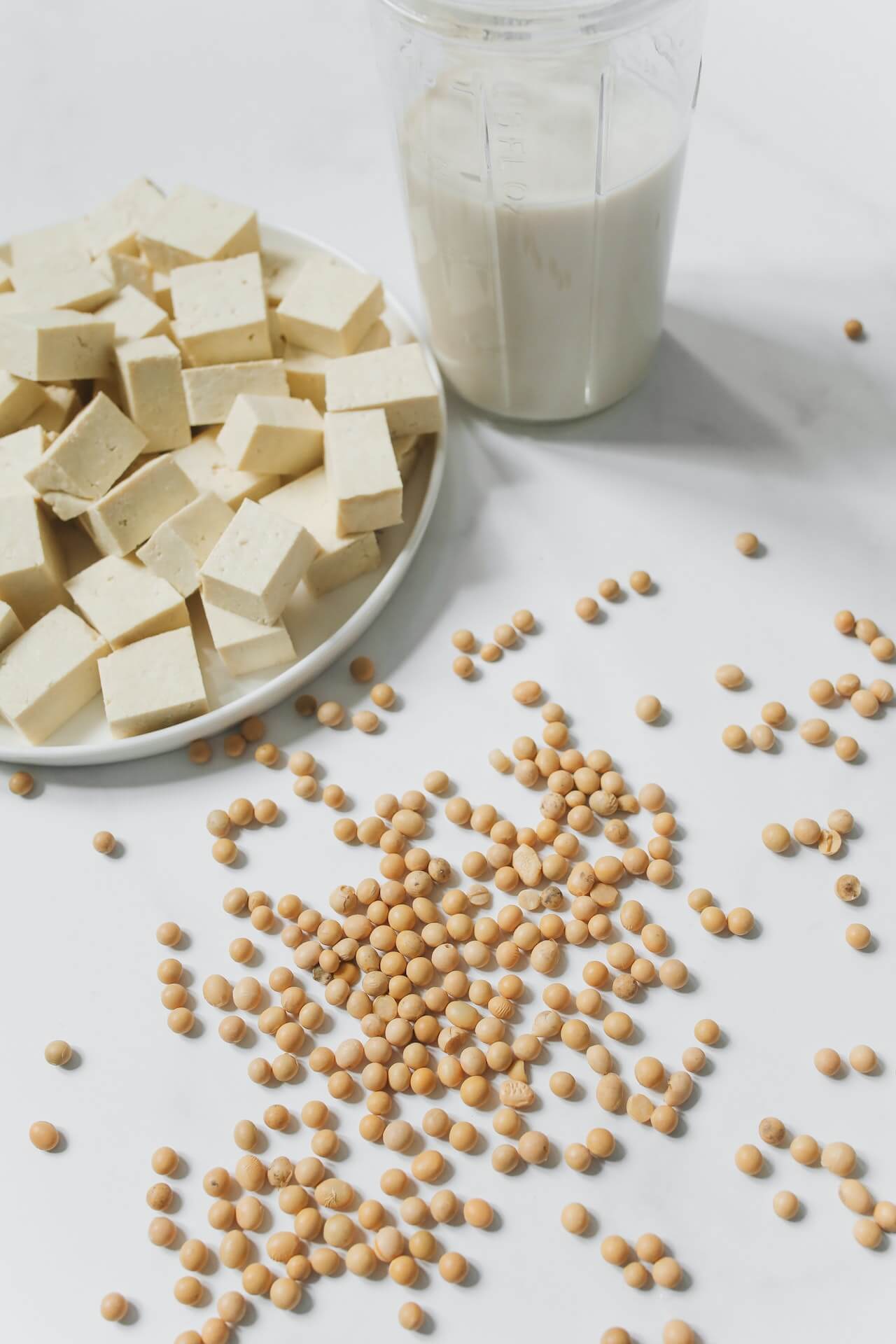Poly Cystic Ovarian Syndrome (PCOS) is a hormonal disorder that affects millions of women worldwide. It is characterized by irregular periods, weight gain, and insulin resistance. While the exact cause of PCOS remains unknown, research has shown that diet plays a critical role in managing the symptoms of this condition. In fact, making certain dietary changes can significantly reduce the severity of PCOS symptoms and improve overall health outcomes. But with so much conflicting information out there, it can be challenging to know what to eat and what to avoid. In this comprehensive guide, we will explore how diet impacts PCOS and offer practical tips to help you make informed choices about what you eat. Whether you have been newly diagnosed with PCOS or have been living with it for years, this guide will provide you with the knowledge and tools you need to take control of your health and well-being. So, let's dive in and discover how diet can impact PCOS!
How diet plays a crucial role in PCOS
Diet plays a crucial role in the management of PCOS. Making specific dietary changes can help regulate hormones, improve insulin resistance, and reduce inflammation. Research has shown that women with PCOS who follow a healthy diet have better control over their symptoms than those who do not. A healthy diet for PCOS should focus on whole, nutrient-dense foods and avoid processed and sugary foods.
One of the key dietary goals for women with PCOS is to maintain stable blood sugar levels. This can be achieved by eating regular meals that are balanced in carbohydrates, protein, and healthy fats. It is also important to avoid foods that can cause blood sugar spikes, such as refined carbohydrates and sugary drinks. A diet that is high in fiber can also help regulate blood sugar levels and improve insulin resistance.
Foods to avoid with PCOS
Certain foods can worsen the symptoms of PCOS and should be avoided or limited in the diet. These include:
1. Processed and sugary foods
Foods high in sugar and processed carbohydrates can cause blood sugar spikes, leading to insulin resistance and weight gain. These foods include candy, soda, baked goods, and other sugary snacks. They should be avoided or limited in the diet.
2. Red meat
Red meat is high in saturated fat, which can worsen insulin resistance and inflammation. Eating too much red meat can also increase the risk of developing other health problems, such as heart disease. It is recommended to limit the intake of red meat and choose lean protein sources, such as chicken, fish, and tofu.
3. Dairy products
Dairy products contain hormones that can worsen PCOS symptoms. They can also contribute to inflammation in the body. It is recommended to limit the intake of dairy products and choose non-dairy alternatives, such as almond milk or soy milk.
Foods to include in your diet with PCOS
A healthy diet for PCOS should focus on whole, nutrient-dense foods that provide essential vitamins and minerals. These include:
1. Fruits and vegetables
Fruits and vegetables are rich in antioxidants and fiber, which can help reduce inflammation and regulate hormones. They also provide essential vitamins and minerals that are important for overall health. It is recommended to include a variety of fruits and vegetables in the diet and aim for at least 5 servings per day.

2. Whole grains
Whole grains are a good source of fiber and can help regulate blood sugar levels. They also provide essential nutrients, such as B vitamins and iron. It is recommended to choose whole grain options, such as brown rice, quinoa, and whole wheat bread.

3. Lean protein sources
Lean protein sources, such as chicken, fish, and tofu, can help regulate blood sugar levels and improve insulin resistance. They also provide essential amino acids that are important for muscle building and repair.

The impact of carbohydrates on PCOS
Carbohydrates play a significant role in PCOS management. Consuming excessive amounts of refined carbohydrates, such as white bread, pasta, and sugary snacks, can lead to blood sugar spikes and insulin resistance, which are common in PCOS. This can further contribute to weight gain, hormonal imbalances, and increased risk of developing type 2 diabetes. Opting for complex carbohydrates with high fiber content, like whole grains, legumes, and fruits, can help regulate blood sugar levels and support overall PCOS management. Additionally, pairing carbohydrates with protein and healthy fats can slow down digestion and prevent rapid blood sugar fluctuations. Working with a healthcare professional or registered dietitian is essential to determine the most suitable carbohydrate intake based on individual needs and goals.
The importance of protein in PCOS
Protein is important for muscle building, repair, and managing PCOS. Including an adequate amount of protein in your diet helps promote satiety, stabilize blood sugar levels, and support weight management. Protein-rich foods can also help regulate hormones and improve insulin sensitivity, which is particularly beneficial for women with PCOS. Additionally, protein aids in muscle repair and maintenance, as well as supporting overall metabolism. Good sources of protein include lean meats, poultry, fish, eggs, dairy products, legumes, nuts, and seeds. Aim to include protein in each meal and snack to optimize your PCOS management plan.
The role of healthy fats in PCOS
Healthy fats play a vital role in managing PCOS. Including sources of healthy fats in your diet can help regulate hormones, improve insulin sensitivity, reduce inflammation, and support overall reproductive health. Healthy fats, such as monounsaturated fats and omega-3 fatty acids, can also aid in weight management and promote feelings of satiety. Good sources of healthy fats include avocados, nuts, seeds, olive oil, fatty fish (like salmon and mackerel), and coconut oil. It's important to consume these fats in moderation as part of a well-balanced diet.
Vitamins and minerals that can help with PCOS symptoms
Certain vitamins and minerals can help manage the symptoms of PCOS. These include:
1. Vitamin D
Vitamin D is important for bone health and can help regulate hormones. Women with PCOS are often deficient in vitamin D and may benefit from supplementation or increased sun exposure.
2. Magnesium
Magnesium is important for insulin sensitivity and can help regulate blood sugar levels. Women with PCOS may benefit from supplementation or increased intake of magnesium-rich foods, such as leafy greens and nuts.
3. Chromium
Chromium is important for insulin sensitivity and can help regulate blood sugar levels. Women with PCOS may benefit from supplementation or increased intake of chromium-rich foods, such as broccoli and whole grains.
PCOS-friendly diet plans
There are several diet plans that can be beneficial for women with PCOS. These include:
1. The Mediterranean diet
The Mediterranean diet is a plant-based diet that is rich in fruits, vegetables, whole grains, and healthy fats. It has been shown to improve insulin resistance and reduce inflammation in women with PCOS.
2. The low glycemic index diet
The low glycemic index diet focuses on foods that have a low glycemic index, such as whole grains, fruits, and vegetables. It has been shown to improve insulin resistance and regulate hormones in women with PCOS.
3. The low carbohydrate diet
The low-carbohydrate diet focuses on reducing the intake of carbohydrates, particularly simple carbohydrates, such as those found in sugary snacks and processed foods. It has been shown to improve insulin resistance and reduce inflammation in women with PCOS.
Conclusion
In conclusion, diet plays a crucial role in managing the symptoms of PCOS. Women with PCOS should focus on a healthy, whole foods-based diet that is rich in nutrients and low in processed and sugary foods. It is important to maintain stable blood sugar levels, chooses lean protein sources, and include healthy fats in the diet. Certain vitamins and minerals, such as vitamin D, magnesium, and chromium, can also be beneficial for managing PCOS symptoms. By making these dietary changes, women with PCOS can take control of their health and improve their overall well-being.







